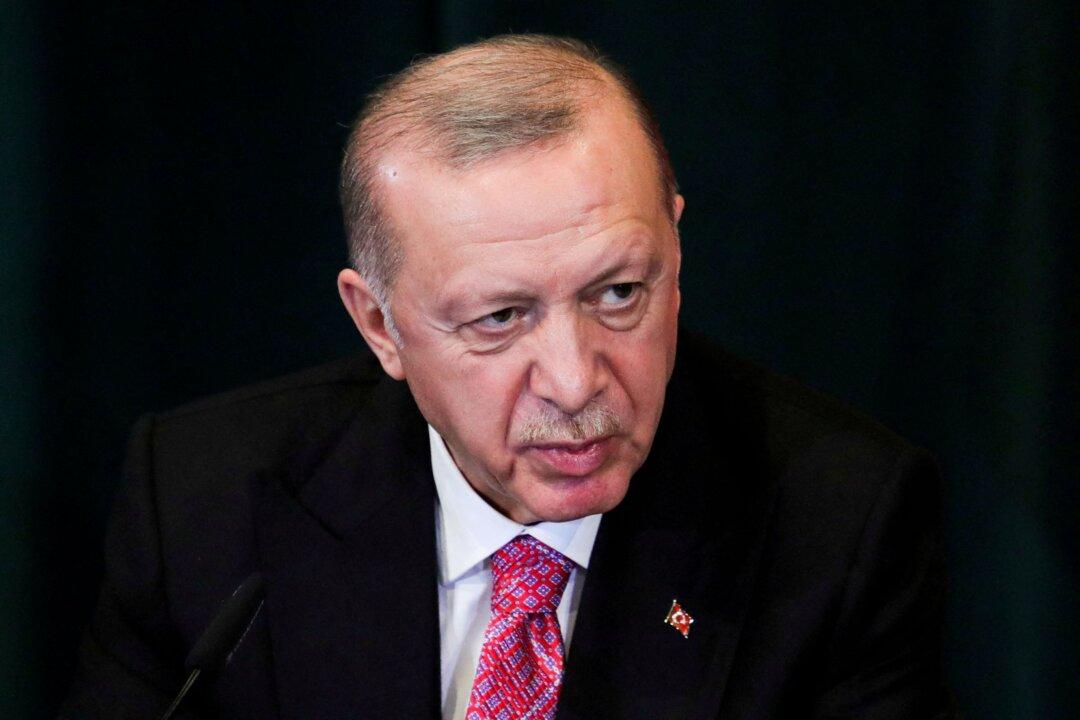The annual inflation rate in Turkey jumped to its highest level in over two decades in May alongside a falling lira, according to official data released by the Turkish Statistical Institute (TUIK).
The measure of inflation, Consumer Price Index (CPI), grew by 73.5 percent in May from a year back, a June 3 press release from TUIK stated. This is the highest rate in Turkish history since October 1998 when inflation reached 76.6 percent.





